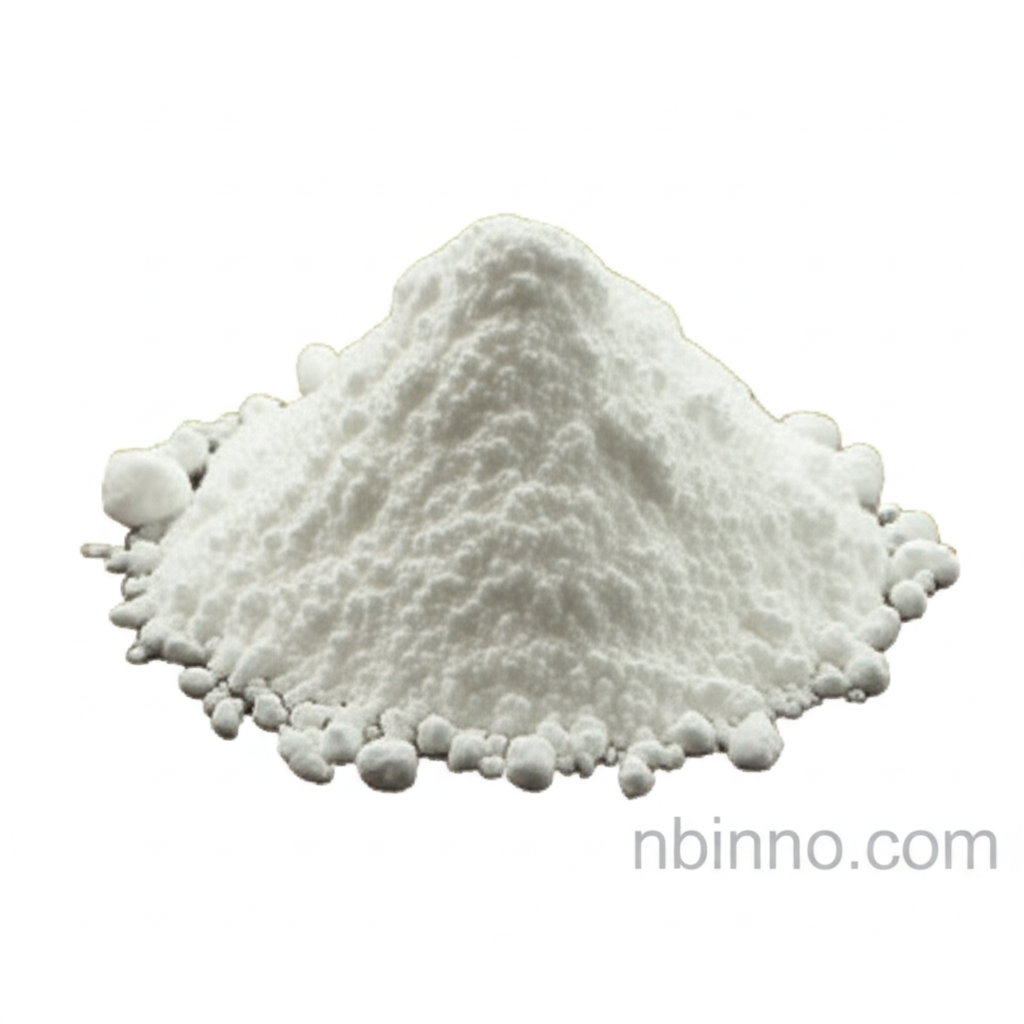Aniline Hydrochloride (CAS 142-04-1): Synthesis, Properties, and Applications in Dyes, Pharmaceuticals, and Beyond
Discover the essential role of Aniline Hydrochloride in various industries, from vibrant dyes to life-saving pharmaceuticals.
Get a Quote & SampleProduct Core Value

Aniline Hydrochloride
Aniline Hydrochloride is a critical chemical intermediate with a wide array of applications, particularly in the synthesis of dyes and pharmaceuticals. Its utility extends to agrochemicals, laboratory reagents, and the development of conductive polymers for the electronics industry. The compound is typically supplied as a white to pale yellow-cream powder and possesses a melting point in the range of 196-198°C. Its solubility in water makes it a versatile reagent in various chemical processes.
- Understand the significance of aniline hydrochloride synthesis under hydrothermal conditions for industrial applications.
- Explore the unique properties of aniline hydrochloride, including its appearance and solubility, which are crucial for its diverse uses.
- Investigate the role of aniline hydrochloride in the photocatalytic degradation of pollutants, contributing to environmental solutions.
- Learn about the safety considerations and handling of aniline hydrochloride, ensuring responsible use in research and industry.
Key Advantages
Versatile Chemical Intermediate
Aniline hydrochloride serves as a fundamental building block in the production of a vast range of chemicals, making it indispensable for many manufacturing processes.
Environmental Applications
Its role in photocatalytic degradation highlights its potential in developing advanced materials for environmental remediation, aligning with green chemistry principles.
Broad Industrial Reach
From the textile industry's vibrant colors to the pharmaceutical industry's essential medicines, the applications of aniline hydrochloride span multiple sectors.
Key Applications
Dye Manufacturing
Aniline hydrochloride is a key ingredient in the production of various dyes and pigments, contributing to the vibrant colors seen in textiles and printing, essential for creating high-quality fabrics.
Pharmaceutical Synthesis
It is used as a building block in the synthesis of various pharmaceutical compounds, enhancing the effectiveness and stability of medications, demonstrating its importance in medicinal chemistry.
Laboratory Reagents
In chemical research, aniline hydrochloride acts as a reagent in numerous reactions, facilitating the study of organic compounds and making it invaluable in academic and industrial laboratories.
Electronic Components
Aniline hydrochloride finds application in the production of conductive polymers, which are essential in the electronics industry for creating flexible and lightweight electronic components.
